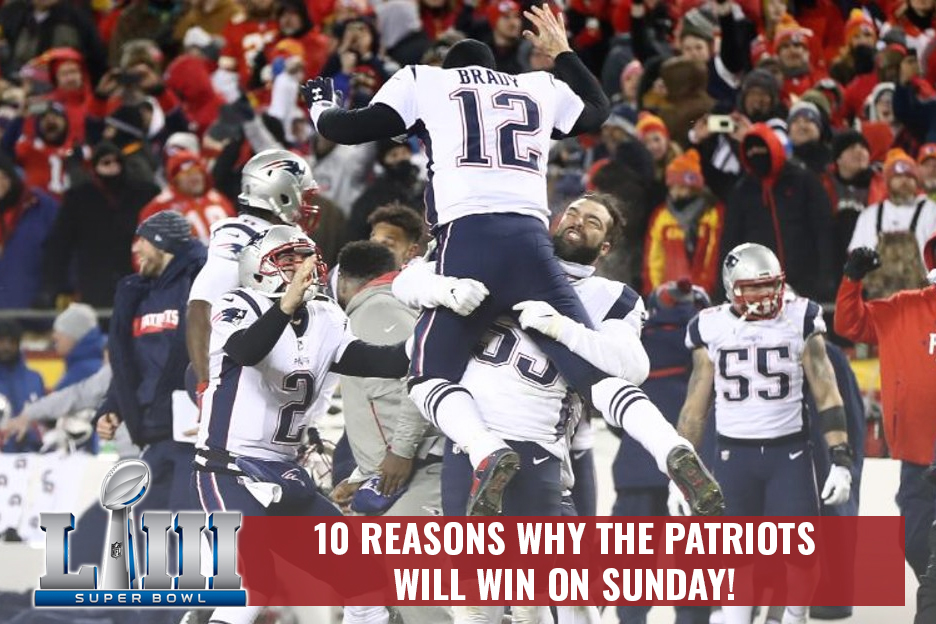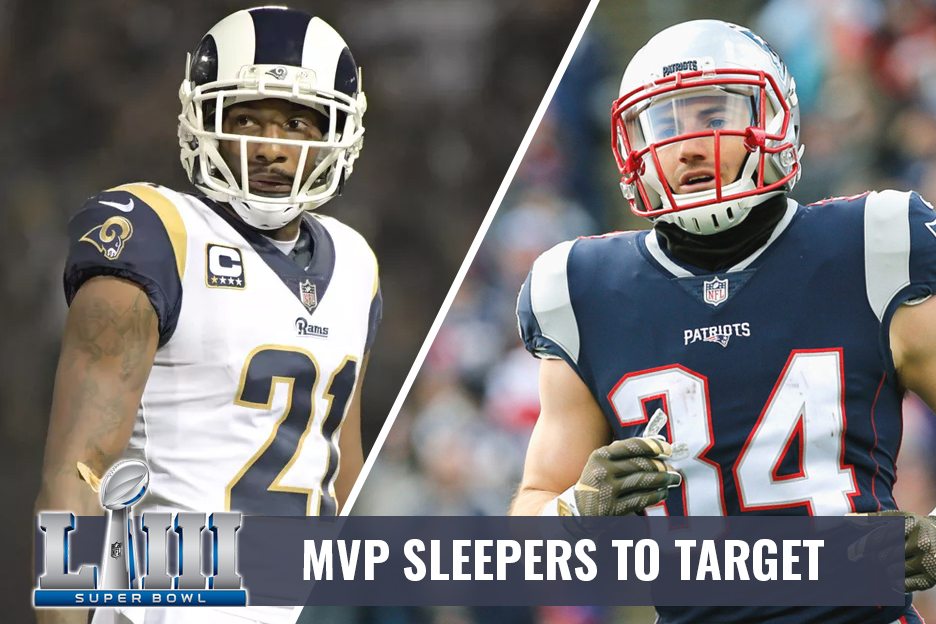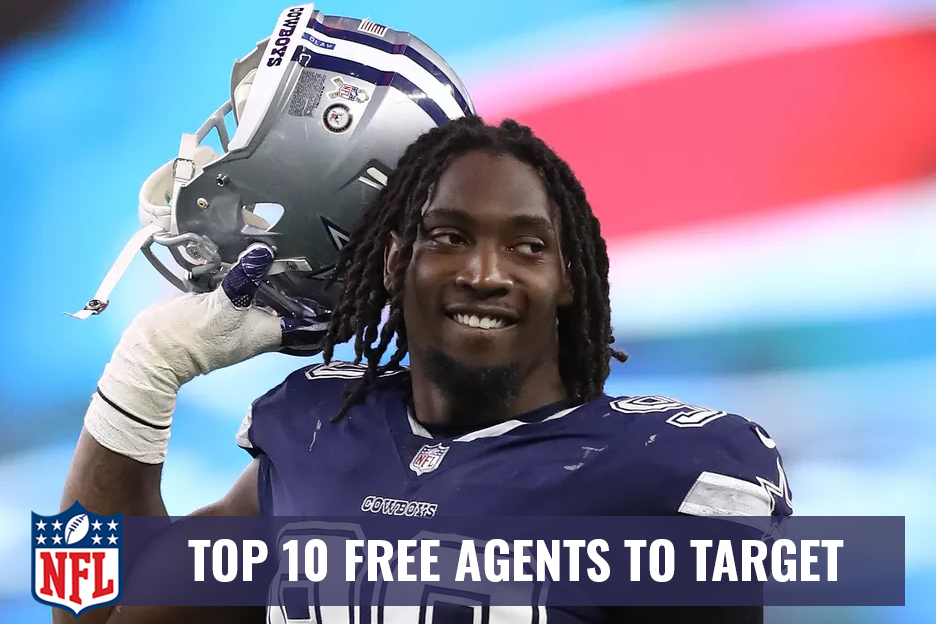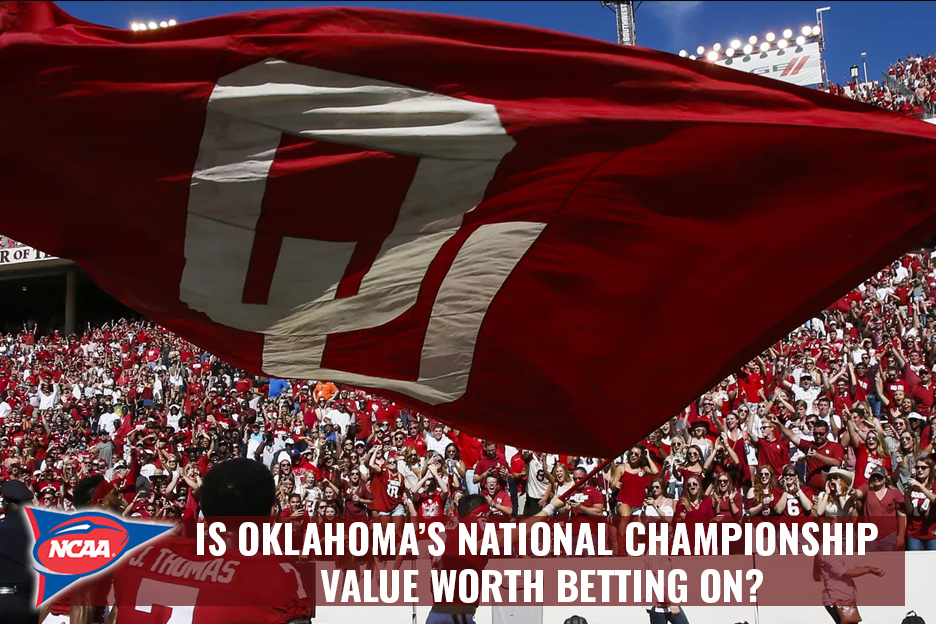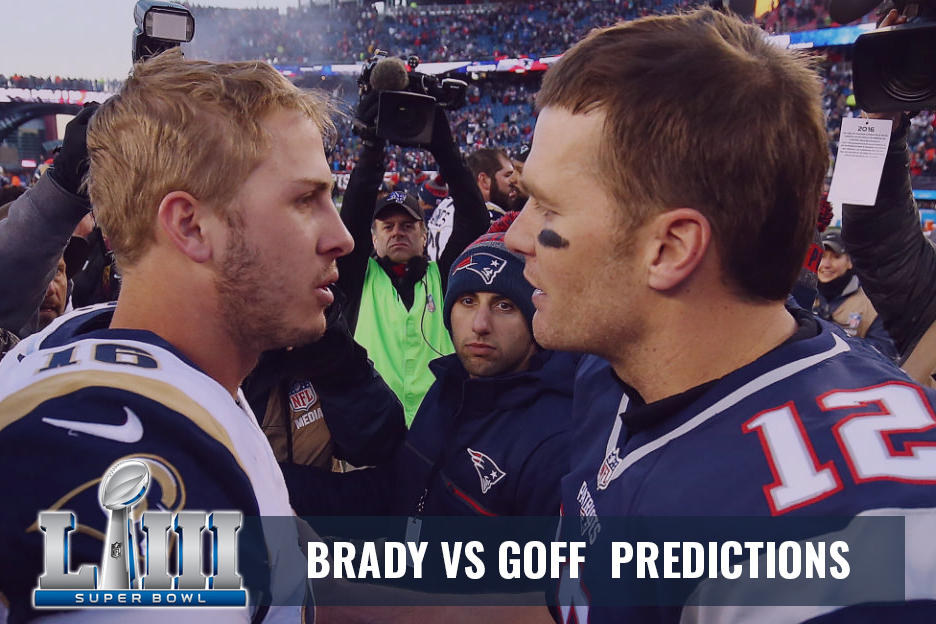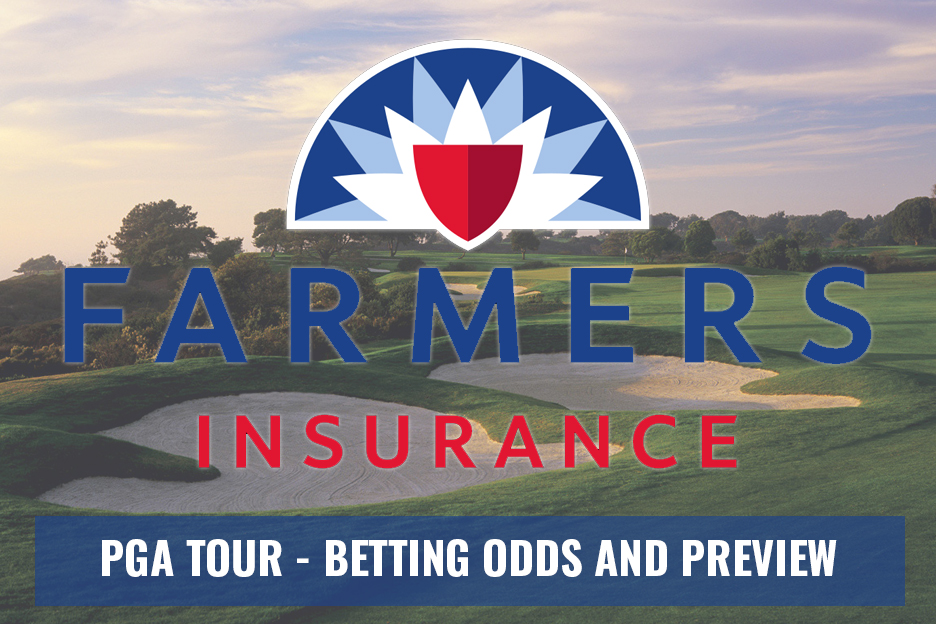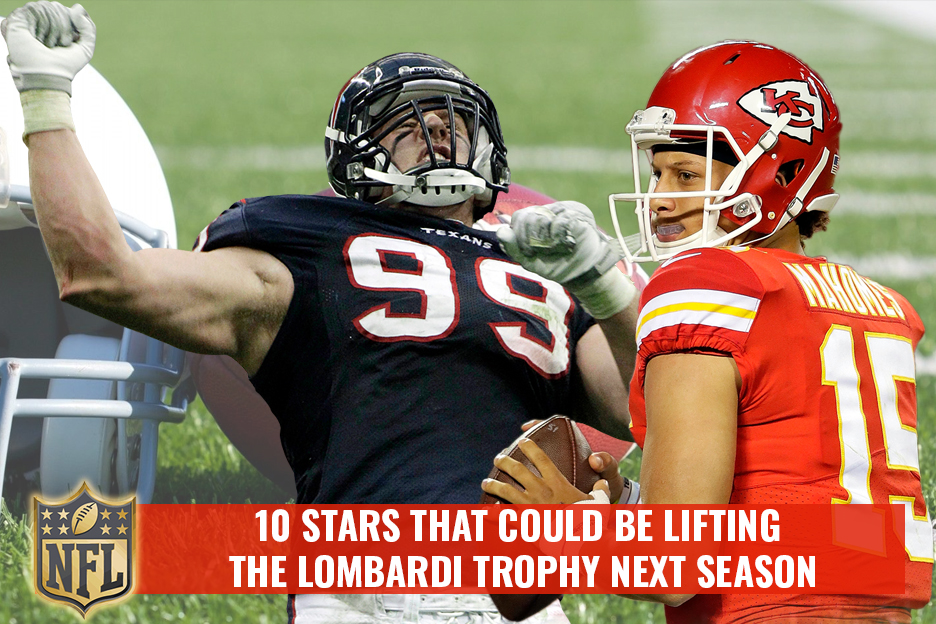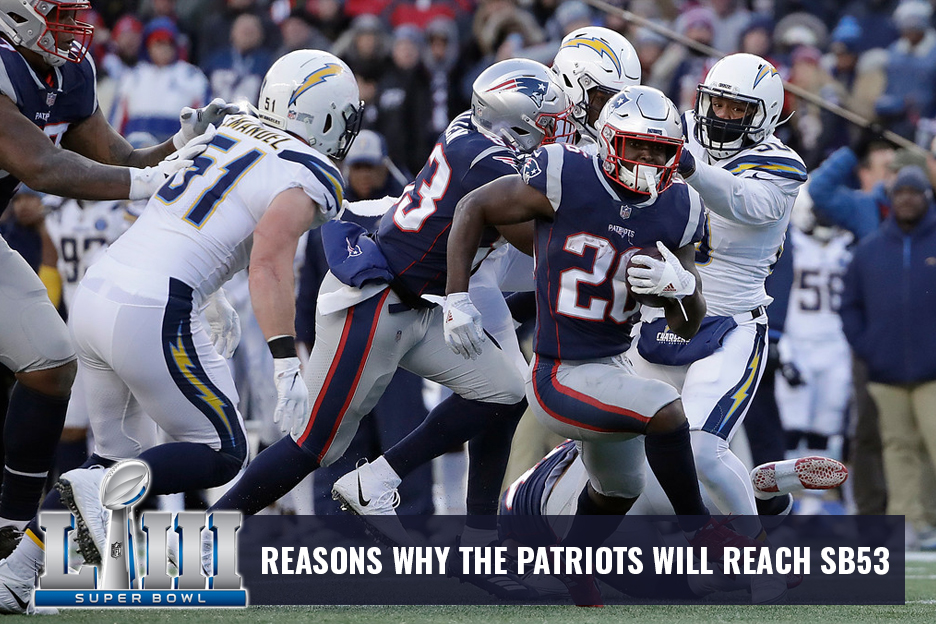

Posted in: General
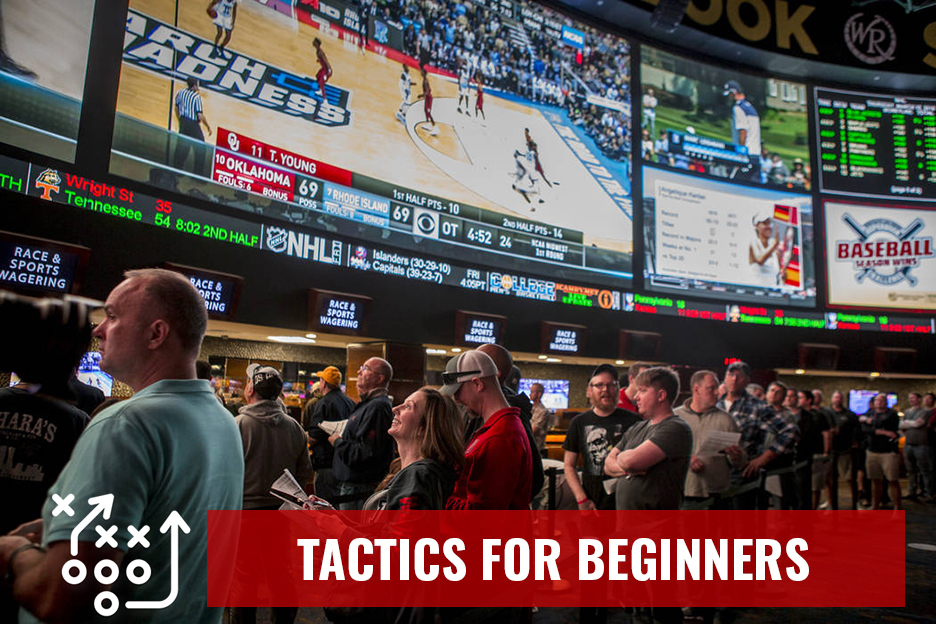
If you’re looking for “sports betting strategy,” you’re obviously looking for an approach to the hobby that’s going to make you profitable. That’s good news, because plenty of sports bettors profit regularly from this hobby. In fact, some people even make enough profit to call themselves professional sports bettors.
The point of these sports betting strategy tips is to give you a head start down that road, if that’s your destination.
But I also want to point out that there’s no shame in being a recreational bettor. Lots of bettors are just fine with having an overall losing record as long as they’re having fun.
Of course, I already mentioned that these strategy tips are aimed at beginners. They are, then, basic. I’ll probably make a post about more advanced sports betting strategy sometime in the future.
I think even intermediate sports bettors might find some insights they can use below, though. Many of the more advanced strategies for profiting from sports betting are, by necessity, specific to specific sports. My aim with this post is to provide general advice applicable to any sport.
These are the 7 best sports betting strategy tips for new bettors that I could come up with:
It’s probably best to think about sports betting as a kind of investment. If you’re planning to win more money than you lose, then that’s exactly what it is—an investment. And like any investment, you’ll want to track your ROI (return on investment) so that you can compare sports betting with other potential investments.
This means your sports betting bankroll should be an amount of money that you’ve set aside from your living expenses. Your sports betting bankroll is only there to serve as “fuel” for your investments. You should be content to never be able to touch your sports betting bankroll again.
That’s not the only guideline you need, though. You should also avoid betting a large percentage of your bankroll on any single wager. The reasons for this are the same. No matter how confident you are in a bet, there’s always the possibility that you’ll face an upset and lose that money.
If that happens, and you’ve bet most of your bankroll, you face a situation where you might not be able to place more bets.
The Kelly Criterion is what most advantage gamblers use to inform the size of their bets. It’s a principle that says the size of your bets should be equal to the size of your edge. If you think you have a 1% edge over the bookmakers, the appropriate bet size would be 1% of your bankroll.
This minimizes your potential losses. You might read somewhere that this also maximizes your potential profits, but that’s not true. Over time, you’ll be more profitable if you don’t lose money.
But in the short run, bankroll management in sports betting is all about risk management. You want to avoid going broke at almost any cost.
If you want to make $10 bets, this means you should have a bankroll of at least $1000.
You can be more aggressive than this if you like, but it increases the probability that you’ll go broke before your edge kicks in. If you’re willing to accept a 20% to 40% risk of ruin, you might be able to make $40 or $50 bets with a $1000 bankroll.
The size of your bets should reflect the amount of confidence you have in your picks.
Just don’t go overboard.
The vig, or “vigorish,” is the edge that the book maintains by charging a bettor $110 to win $100. That’s the most basic form that it takes, although depending on the game and how the odds are stated, it might not look exactly like that.
You can find books that charge you $120 if you lose a $100 bet, but you can also find books that charge you $105 if you lose a $100 bet.
The books charge this extra amount for 2 reasons:
The idea behind the vig, the lines, and the odds is to get equal amounts of action on either side of a sporting event. If the book succeeds in this, they’re guaranteed a profit. Some smaller books even book action with other books to protect their back end.
But you can do even better, especially if you’re a low roller.
The best-case scenario is to find someone who’s willing to place a straight up even money bet with you. If you think it’s a good bet when the book gets a vig, it’s an even better deal if you bet with someone else. As your bankroll grows larger, you’ll want to place larger bets. Eventually, you won’t be able to find someone you trust to bet with at the stakes you’re going to need to place.
But while you’re a low roller, take every chance you can get to place a bet without having to pay the vig.
If you win 50% of your bets while playing a game where you have to risk $110 to win $100, here’s what will happen to your bankroll over time:
You’ll place 100 bets. You’ll lose $5500 on the 50 bets you lose, and you’ll win $5000 on the bets you win. Your net loss is $500, which is $5 per match. That’s 5%, which represents the “house edge,” so to speak.
If you’re confident that you can pick winners 52% of the time, you’ll do better, but that’s not a road to big profits, either.
You’ll lose $110 on 48 bets, for a total loss of $5280. You’ll win $5200 on the 52 bets where you were a winner, for a total win of $5200.
You’re still showing a net loss of $80. That’s a much better house edge, at just 0.8%, but you can still get better odds at blackjack.
The best sports bettors pick right against the spread 55% of the time. 60% is theoretically possible, but it’s almost unheard of. Any expert claiming to do better than 60% is probably lying to you.
Plug $105 into those losses instead of $110, and the numbers change dramatically. Do it again with $120 instead of $110 and watch what happens then, too.
Not long ago, I wrote a blog post about how to be the calmest player at the poker table. That post was all about getting your emotions in check so you don’t lose a lot of money just because you’re upset.
This might be the #1 sports betting strategy tip in this post, by the way. I read somewhere that someone (probably Warren Buffet, or maybe his mentor, Benjamin Graham) said that investing was at its best when it was most rational. If you’re really thinking of sports betting as an investment, you’ll do your best to bet rationally.
This means, among other things, that fandom has no role in the life of an aspiring professional sports bettor. You need to bet on the team that offers the best ROI, regardless of any personal feelings you might have about them. I have a friend who bets on the Cowboys constantly, ever season, regardless of the lines or their actual odds of winning.
He loses money every year because of this.
He also shouts himself hoarse during their games on television.
This kind of fandom is okay, and this kind of money loss is also okay, IF your goal is to just enjoy betting on your favorite team.
But that’s emotional, not rational, behavior.
To really achieve a respectable ROI at sports betting, you also need to avoid what poker players love to call “tilt.” This is where you start betting more money to try to catch up. Often you’ll bet on outlandish odds doing so, too.
Don’t go on tilt.
Take some meditation classes, man. Calm down.
The best boss I ever had explained to me once that “performance measured is performance improved.” In other words, if I wanted to improve my sales team’s performance, all I needed to do was start measuring that aspect of their performance.
I worked at a call center as a sales manager at a startup company, and my boss wanted to know how we could improve the team’s close ratio—the percentage of calls that turned into sales. I told her that was easy. All we had to do was record the data on a sheet of paper and start posting it on the bulletin board. I think we highlighted the names of everyone who surpassed the target close ratio we had set, too.
I also read a mediocre poker book called Killer Poker by John Vorhaus once. And even though a lot of the advice in that book is misguided, some of the advice was exceptional. One thing he pointed out is that all serious poker players kept records.
If you wanted to be a serious poker player, and you weren’t keeping records, you didn’t qualify. Step 1 had to be to start keeping written records of your performance.
You should have a record of every bet you make and how it turned out. You should know how you do over the course of a week, a season, and a year. You need to be able to pinpoint where your highest ROI lies. You might be great at picking winners to beat the point spread in football but lousy at beating the sportsbook when it comes to betting on baseball.
You also need to know how to calculate ROI (return on investment). Luckily, once you know the formula, you can easily track it in a spreadsheet. The formula is simple, too. It’s just the amount you won versus the amount of money you have set aside for your bankroll.
It’s easier to get an edge by becoming an expert in a single sport. You’ll eventually want to branch out into other sports, though.
It’s easier to become an expert in a sport that you enjoy following. Think of it like getting an education in any other subject.
Would you want to spend 4 years getting a bachelor’s degree in some subject you’re not interested in?
Some people hate baseball and love football and vice versa. Know which one you prefer. Then focus on learning everything you can about it—especially the current state of affairs.
Here’s why you need to become an expert:
You already know that winning 50% of your bets will result in a slow evaporation of your bankroll. To get an edge, you need to know as much as you can so that you can spot an edge when one presents itself.
This means listening to the experts talk about the sport you prefer, reading the magazines and newspapers, and watching the games. You need to be able to exploit every edge you can, no matter how small.
You can’t become an expert in 4 sports at once. Pick one, become an expert, then branch out.
You’ll find plenty of sports bettors who come up with ways to pick winners against the spread based on historical results. This isn’t an entirely wrong approach, but it can be deceptive. Just because one approach would have worked in the past doesn’t mean it’s predictive.
You can compare this line of thinking with paying attention to past results at the roulette table. The nature of gambling has to do with random events, and there’s a random element to all sports. And when you’re dealing with randomness, you’ll sometimes see winning and losing streaks just based on short term deviation.
The long run is far longer than most people think. Just because something seems like a sure thing based on past results doesn’t mean that it’s a sure thing. It could just be an example of standard deviation.
Even if it’s not a result of random chance, the historical results you’re looking at might be less predictive based on changes in the nature of the game. Rules change over time, and styles of playing also change.
Back-testing a betting strategy isn’t a bad idea, but don’t put all your faith in it, either.
One consistently winning sports betting strategy is to bet against the public. This isn’t a 100% accurate way to get an edge, either. But it can be a great starting place.
When the books get unbalanced to a certain extent, they’ll start moving the lines to stimulate more action on the other side of an event. When they do, this creates a profitable opportunity for you to bet against the public.
If you’re going to bet on the favorite, you should do so early—before the line moves. On the other hand, if you want to bet on the underdog, it’s better to wait for the lines to move in response to the public. Your goal should always be to get the best value that you can.
You also need to be able to take an educated guess about whether the line moved because of the public or because some high rolling sharp bettor made a huge bet. Usually, if the line movement is small—like half a point or so, it’s a response to the public. But if it starts moving by a couple of points, it’s probably in response to a large sharp bettor.
Betting against the public is the goal. Betting against the sharp bettor is NOT the goal.
Sports betting can be a profitable and fun hobby. You can even become a professional sports bettor, but only if you’re willing to put in the effort to becoming an expert at it.
Your first goal should be to understand the math behind the hobby. You need to understand how the vig works, how the lines work, and what your winning percentage does to your ROI (return on investment). If you don’t understand those basics thoroughly, you have no chance of being a winner at the end of the season.
Your next goal should be to learn how to shop around for the best lines and best vig. Then it’s a matter of becoming enough of an expert in at least one sport to be able to find values in the lines.
